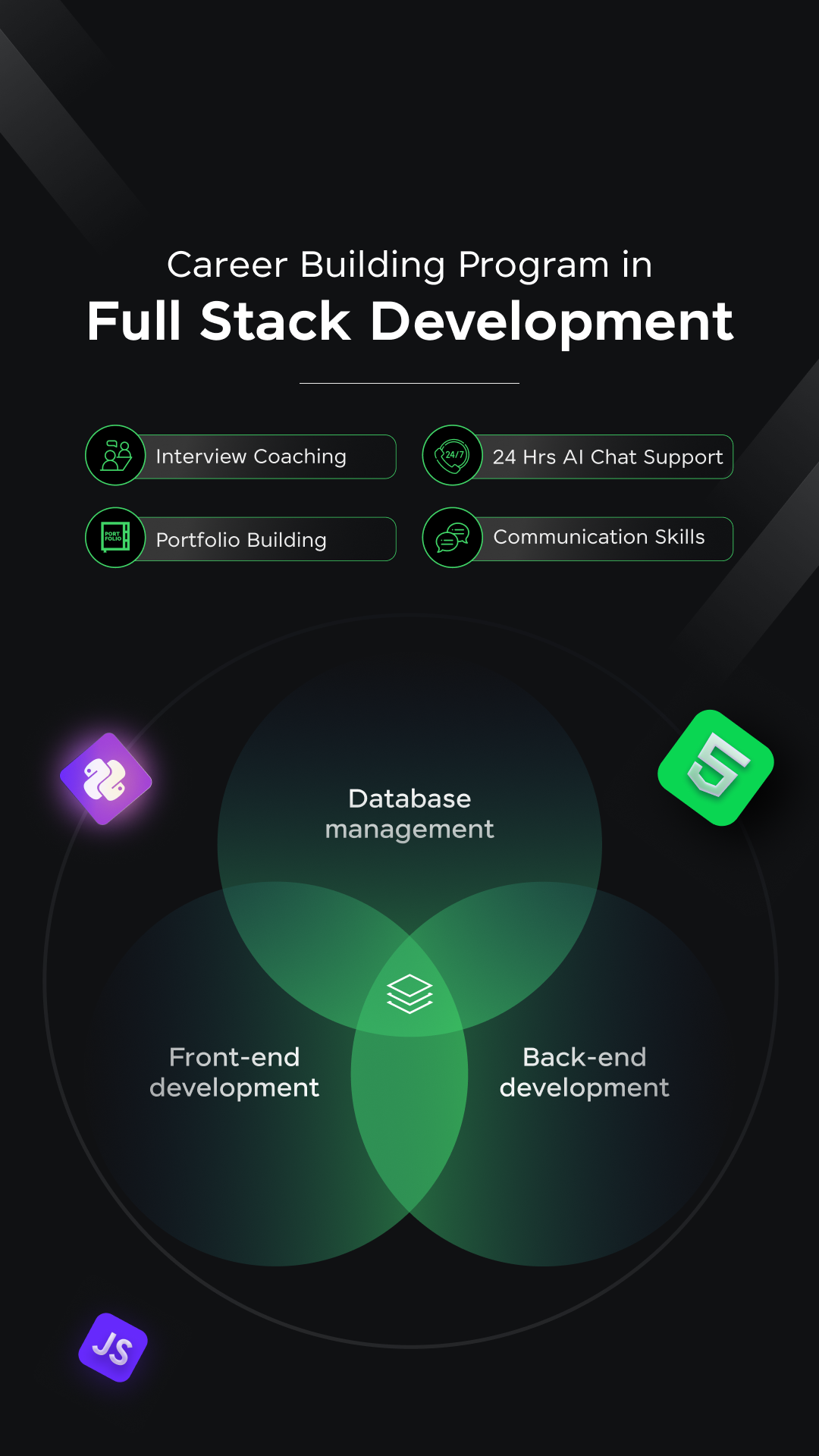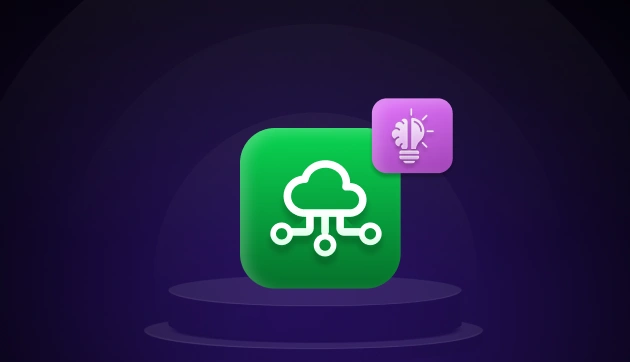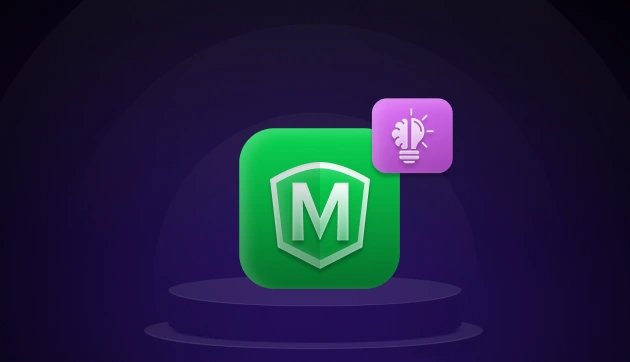![10 Best Ethical Hacking Project Ideas [With Source Code] 1 Post thumbnail](https://www.guvi.in/blog/wp-content/uploads/2024/11/Ethical-Hacking-Project-Ideas.png)
10 Best Ethical Hacking Project Ideas [With Source Code]
Dec 13, 2024 4 Min Read 12119 Views
(Last Updated)
The role of ethical hackers is very prominent in this digital era as they are the guardians of our sensitive data.
If you’re just stepping into this exciting field, starting with some hands-on projects is one of the best ways to learn. Ethical hacking project ideas not only help you grasp practical concepts but also build your portfolio and sharpen your problem-solving skills.
In this article, we’ll explore some engaging ethical hacking project ideas that you can dive into right away. These projects are tailored to help you develop essential hacking skills while having fun. So, without further ado, let us get started!
Table of contents
- Top 10 Ethical Hacking Project Ideas
- Wi-Fi Network Penetration Testing
- SQL Injection Testing
- Creating a Keylogger
- Vulnerability Assessment with Nessus
- Password Cracking Techniques
- Network Sniffing with Wireshark
- Penetration Testing on a Virtual Machine
- Creating a Simple Firewall
- Social Engineering Simulation
- IoT Security Analysis
- Conclusion
- FAQs
- What are the easy Ethical Hacking project ideas for beginners?
- Why are Ethical Hacking projects important for beginners?
- What skills can beginners learn from Ethical Hacking projects?
- Which Ethical Hacking project is recommended for someone with no prior programming experience?
- How long does it typically take to complete a beginner-level Ethical Hacking project?
Top 10 Ethical Hacking Project Ideas
![10 Best Ethical Hacking Project Ideas [With Source Code] 2 Ethical Hacking Project Ideas](https://www.guvi.in/blog/wp-content/uploads/2024/11/Top-10-Ethical-Hacking-Project-Ideas-1200x630.webp)
If you’re ready to roll up your sleeves and start building, here’s a list of 10 ethical hacking project ideas ranging from beginner-friendly to intermediate-level, complete with source code for reference.
1. Wi-Fi Network Penetration Testing
![10 Best Ethical Hacking Project Ideas [With Source Code] 3 Wi-Fi Network Penetration Testing](https://www.guvi.in/blog/wp-content/uploads/2024/11/Wi-Fi-Network-Penetration-Testing-1200x630.webp)
This project involves assessing the security of Wi-Fi networks by identifying and exploiting potential vulnerabilities. By simulating attacks, you can understand the weaknesses in wireless security protocols and learn how to fortify them.
Project Type: Network Security Testing
Project Objective: Identify and exploit vulnerabilities in Wi-Fi networks to enhance wireless security.
Time Taken: Approximately 1-2 weeks
Project Complexity: Beginner
Tools and Frameworks:
- Aircrack-ng
- Wireshark
- Kali Linux
Learning Outcomes:
- Understand wireless encryption protocols and their weaknesses.
- Gain proficiency in packet sniffing and analysis.
- Learn methods to secure wireless networks against common attacks.
Source Code: Wi-Fi Penetration Testing Guide
2. SQL Injection Testing
![10 Best Ethical Hacking Project Ideas [With Source Code] 4 SQL Injection Testing](https://www.guvi.in/blog/wp-content/uploads/2024/11/SQL-Injection-Testing-1200x630.webp)
This project focuses on detecting and exploiting SQL injection vulnerabilities in web applications. By understanding these vulnerabilities, you can implement measures to prevent unauthorized database access.
Project Type: Web Application Security
Project Objective: Identify and mitigate SQL injection vulnerabilities to protect databases.
Time Taken: Approximately 1 week
Project Complexity: Beginner
Tools and Frameworks:
- SQLmap
- Burp Suite
- OWASP Juice Shop
Learning Outcomes:
- Understand SQL injection techniques and their impact.
- Learn to use tools for detecting and exploiting SQL injections.
- Implement best practices to secure web applications against such attacks.
Source Code: SQL Injection Testing Project
3. Creating a Keylogger
![10 Best Ethical Hacking Project Ideas [With Source Code] 5 Creating a Keylogger](https://www.guvi.in/blog/wp-content/uploads/2024/11/Creating-a-Keylogger-1200x630.webp)
In this project, you’ll develop a keylogger to comprehend how malicious programs operate, aiding in the detection and prevention of such threats.
Project Type: Malware Analysis
Project Objective: Develop a keylogger to understand its functionality and learn detection methods.
Time Taken: Approximately 1-2 weeks
Project Complexity: Intermediate
Tools and Frameworks:
- Python
- Pynput library
Learning Outcomes:
- Gain insights into the workings of keyloggers.
- Learn to develop basic malware for educational purposes.
- Understand techniques to detect and prevent keylogging activities.
Source Code: Python Keylogger
4. Vulnerability Assessment with Nessus
![10 Best Ethical Hacking Project Ideas [With Source Code] 6 Vulnerability Assessment with Nessus](https://www.guvi.in/blog/wp-content/uploads/2024/11/Vulnerability-Assessment-with-Nessus-1200x630.webp)
This project entails scanning systems or networks for vulnerabilities using Nessus, providing actionable insights for security improvements.
Project Type: Vulnerability Scanning
Project Objective: Perform vulnerability assessments to identify and address security weaknesses.
Time Taken: Approximately 3-5 days
Project Complexity: Beginner
Tools and Frameworks:
- Nessus
- Metasploit Framework
Learning Outcomes:
- Learn to conduct automated vulnerability scans.
- Understand how to interpret scan results and prioritize remediation efforts.
- Gain knowledge of common vulnerabilities and their mitigation strategies.
Source Code: Vulnerability Assessment Scripts
5. Password Cracking Techniques
![10 Best Ethical Hacking Project Ideas [With Source Code] 7 Password Cracking Techniques](https://www.guvi.in/blog/wp-content/uploads/2024/11/Password-Cracking-Techniques-1200x630.webp)
This project involves testing the strength of passwords using brute force and dictionary attacks, highlighting the importance of robust password policies.
Project Type: Password Security
Project Objective: Assess password strengths and understand cracking techniques to enhance security measures.
Time Taken: Approximately 1 week
Project Complexity: Intermediate
Tools and Frameworks:
- Hashcat
- John the Ripper
Learning Outcomes:
- Understand various password hashing algorithms.
- Learn techniques for cracking passwords and the factors affecting their security.
- Develop strategies to create and enforce strong password policies.
Source Code: Password Cracking Scripts
6. Network Sniffing with Wireshark
![10 Best Ethical Hacking Project Ideas [With Source Code] 8 Network Sniffing with Wireshark](https://www.guvi.in/blog/wp-content/uploads/2024/11/Network-Sniffing-with-Wireshark-1200x630.webp)
This project involves capturing and analyzing network traffic to identify potential security issues and understand data flow within a network.
Project Type: Network Analysis
Project Objective: Monitor and analyze network packets to detect anomalies and ensure secure data transmission.
Time Taken: Approximately 3-4 days
Project Complexity: Beginner
Tools and Frameworks:
- Wireshark
Learning Outcomes:
- Understand the fundamentals of network protocols.
- Gain proficiency in packet capture and analysis.
- Learn to identify suspicious activities within network traffic.
Source Code: Wireshark Network Analysis
7. Penetration Testing on a Virtual Machine
![10 Best Ethical Hacking Project Ideas [With Source Code] 9 Penetration Testing on a Virtual Machine](https://www.guvi.in/blog/wp-content/uploads/2024/11/Penetration-Testing-on-a-Virtual-Machine-1200x630.webp)
This project entails setting up a virtual environment to simulate attacks, allowing you to practice penetration testing techniques safely.
Project Type: Penetration Testing
Project Objective: Identify and exploit vulnerabilities in a controlled virtual environment to enhance security skills.
Time Taken: Approximately 2 weeks
Project Complexity: Intermediate
Tools and Frameworks:
- Kali Linux
- Metasploit
- VirtualBox or VMware
Learning Outcomes:
- Understand the penetration testing lifecycle.
- Gain hands-on experience with exploitation tools.
- Learn to document findings and recommend security improvements.
Source Code: Metasploit Framework
8. Creating a Simple Firewall
![10 Best Ethical Hacking Project Ideas [With Source Code] 10 Creating a Simple Firewall](https://www.guvi.in/blog/wp-content/uploads/2024/11/Creating-a-Simple-Firewall-1200x630.webp)
In this project, you’ll develop a basic firewall to monitor and control incoming and outgoing network traffic based on predetermined security rules.
Project Type: Network Security
Project Objective: Design and implement a simple firewall to filter network traffic and prevent unauthorized access.
Time Taken: Approximately 1-2 weeks
Project Complexity: Intermediate
Tools and Frameworks:
- Python
- Scapy library
Learning Outcomes:
- Understand the principles of network traffic filtering.
- Learn to implement security rules for traffic control.
- Gain insights into preventing common network attacks.
Source Code: Simple Firewall
9. Social Engineering Simulation
![10 Best Ethical Hacking Project Ideas [With Source Code] 11 Social Engineering Simulation](https://www.guvi.in/blog/wp-content/uploads/2024/11/Social-Engineering-Simulation-1200x630.webp)
This project involves simulating social engineering attacks to understand human vulnerabilities and develop strategies to mitigate such risks.
Project Type: Human Security Testing
Project Objective: Simulate phishing and other social engineering attacks to study human behavior and improve security awareness.
Time Taken: Approximately 5-7 days
Project Complexity: Beginner
Tools and Frameworks:
- Social-Engineer Toolkit (SET)
Learning Outcomes:
- Understand the psychological aspects of social engineering.
- Learn to craft convincing phishing emails and scenarios.
- Develop strategies to educate users and prevent social engineering attacks.
Source Code: Social-Engineer Toolkit (SET)
10. IoT Security Analysis
![10 Best Ethical Hacking Project Ideas [With Source Code] 12 IoT Security Analysis](https://www.guvi.in/blog/wp-content/uploads/2024/11/IoT-Security-Analysis-1200x630.webp)
This project focuses on identifying and mitigating security vulnerabilities in Internet of Things (IoT) devices, ensuring they operate securely within a network.
Project Type: IoT Penetration Testing
Project Objective: Assess and enhance the security of IoT devices by identifying potential vulnerabilities.
Time Taken: Approximately 2 weeks
Project Complexity: Advanced
Tools and Frameworks:
- Shodan
- Wireshark
- Firmware analysis tools
Learning Outcomes:
- Understand common vulnerabilities in IoT devices.
- Learn techniques for analyzing and securing IoT firmware.
- Develop strategies to protect IoT devices from potential threats.
Source Code: IoT Security Analysis Tools
Building these ethical hacking project ideas will not only enhance your ethical hacking skills but also provide substantial additions to your portfolio.
In case you want to learn more about Ethical Hacking and Cybersecurity, consider enrolling in GUVI’s Ethical Hacking Online Course that teaches you everything from scratch and equips you with all the necessary knowledge!
Conclusion
In conclusion, diving into ethical hacking project ideas is one of the most effective ways to build practical skills, understand real-world challenges, and deepen your knowledge of cybersecurity.
These ethical hacking project ideas help you bridge the gap between theory and application, offering a hands-on experience that enhances your learning journey.
FAQs
Wi-Fi Network Penetration Testing and Network Sniffing with Wireshark are excellent beginner-friendly projects. These involve simple tools and require no advanced programming knowledge, making them ideal for newcomers.
Ethical hacking projects provide hands-on experience, allowing beginners to understand theoretical concepts practically. They also build problem-solving skills, improve familiarity with hacking tools, and help in creating a portfolio that showcases your capabilities.
Beginners can learn a range of skills, including network security, vulnerability assessment, penetration testing, malware analysis, password protection techniques, and basic programming skills. These foundational skills are crucial for advancing in the cybersecurity field.
Network Sniffing with Wireshark is a great choice for those with no programming experience. It focuses on understanding network protocols and analyzing traffic, which doesn’t require coding knowledge.
Beginner-level ethical hacking projects typically take anywhere from 3-7 days, depending on the project’s complexity and the tools involved. With consistent effort, you can complete a project in about a week.




























![Project-Based Learning: Smart Ideas and Important Tips To Implement It [2025] 18 Feature Image - Project-Based Learning](https://www.guvi.in/blog/wp-content/uploads/2024/05/feature_image.webp)


Hacking project